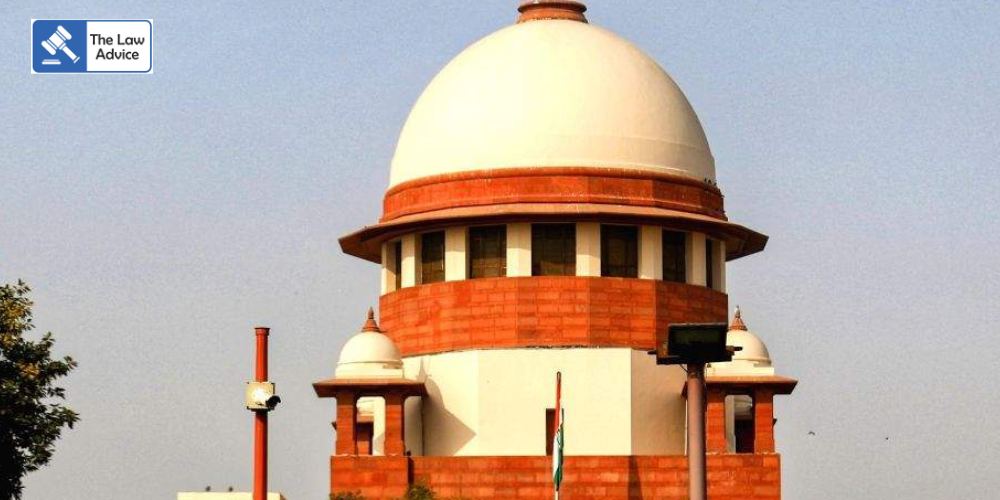
The Supreme Court on Monday (November 10) sharply rebuked the Jharkhand High Court for suspending the life sentences of three murder convicts without providing clear reasons. The High Court had merely stated that the allegations were “general and omnibus,” which the Supreme Court termed as a vague and unreasoned basis for granting bail.
The Bench of Justices JB Pardiwala and KV Viswanathan expressed strong displeasure at the State of Jharkhand’s absence in the proceedings despite being duly notified. The Court further noted with concern that the State had not challenged the suspension of sentence. Calling the situation “disturbing and unfortunate,” the Court emphasized that the case involved a grave offence where the High Court had stayed a life imprisonment sentence through a cryptic order.
The Supreme Court set aside the High Court’s order and directed the convicts to surrender within 24 hours, failing which non-bailable warrants would be issued. The High Court has been instructed to reconsider the applications for suspension of sentence only after surrender is confirmed. The Registry was also directed to send a copy of the order to the Chief Justice of the Jharkhand High Court for urgent attention.
The complainant had approached the Supreme Court against the High Court’s orders, under which the convicts—found guilty by the trial court of forming an unlawful assembly and attacking two men with weapons, leading to one death—were released pending appeal.
Clarifying the legal position under Section 389 CrPC (now Section 430 of the Bharatiya Nagarik Suraksha Sanhita, 2023), the Supreme Court noted that while suspension of sentence in fixed-term imprisonment cases may be considered more liberally, the same cannot apply to convictions involving life imprisonment. In such cases, courts must adopt a cautious approach, and suspension should be granted only when the convict can point to clear, substantial errors in the trial court’s judgment.
The Court remarked that the High Court failed to apply this settled standard, as it did not identify any glaring legal or evidentiary mistake in the conviction. Merely calling the allegations “general” was insufficient to justify suspension of sentence in a life imprisonment case.
Accordingly, the Supreme Court allowed the appeal.
Cause Title: Chhotelal Yadav v. State of Jharkhand & Anr.
Website designed, developed and maintained by webexy